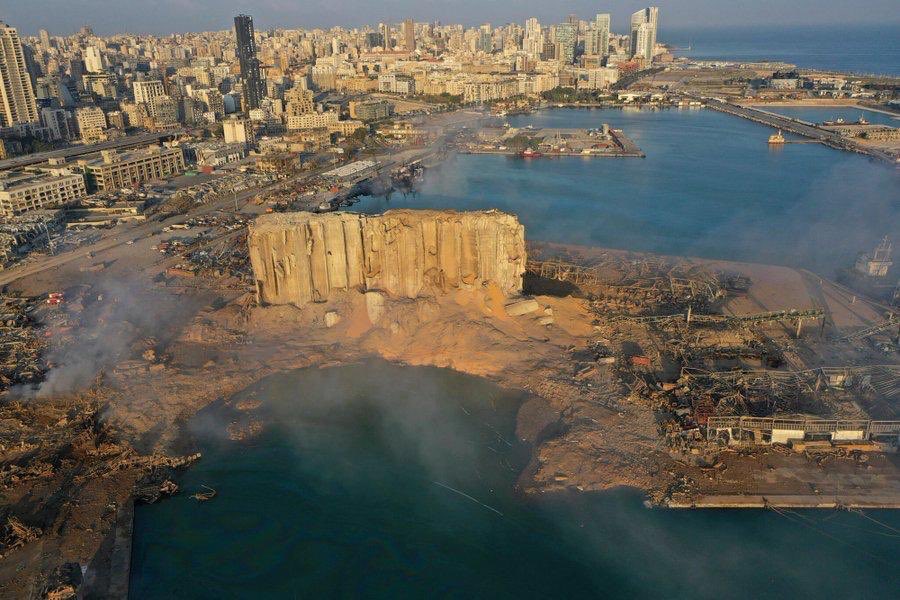On 4th August two massive explosions shook the port of Beirut, Lebanon and the surrounding areas. The blast occurred in a port warehouse in Beirut and has consequently flattened much of the vital Middle-Eastern port.
As rescue efforts are underway in the Lebanese capital, government agencies have put all port officials under house arrest due to negligence of duty.
An investigation has been ordered into the incident, with the declaration of a two-week emergency in the Lebanese capital.
“It is unacceptable that a shipment of 2,750 tonnes of ammonium nitrate has been present for six years in a warehouse, without taking preventive measures, ” said Lebanese Prime Minister Hassan Diab.
The cost of the damage is around $3billion, as estimated by Lebanese authorities.
A Lebanese Red Cross official has said that the death toll right now is nearly 140, with some 4,000 wounded individuals. There’s a high possibility that the number could see a steep hike.
Officials have found an analogy between the explosion at Beirut, and that at Tianjin, China five years ago. Both the accidents occurred due to concentrations of Sodium nitrate.
The Sodium nitrate was confiscated by Lebanese authorities from a Russian ship, placing the cargo in warehouse in the port area.
The Beirut port manager said, “I had no idea how dangerous these materials were.”
“We are witnessing a real catastrophe,” said Prime Minister Hassan Diab, urging governments around the world to help the country in its time of need.
Meanwhile, reports have now emerged that the Lebanese Customs Department head Badri Daher had reportedly warned port officials about the nature of the explosive substances, but “this did not happen”.
Lebanon’s Supreme Defence Council vowed to ensure “maximum punishment” for those who brought catastrophe to the country.
Source:- Marine Insight






